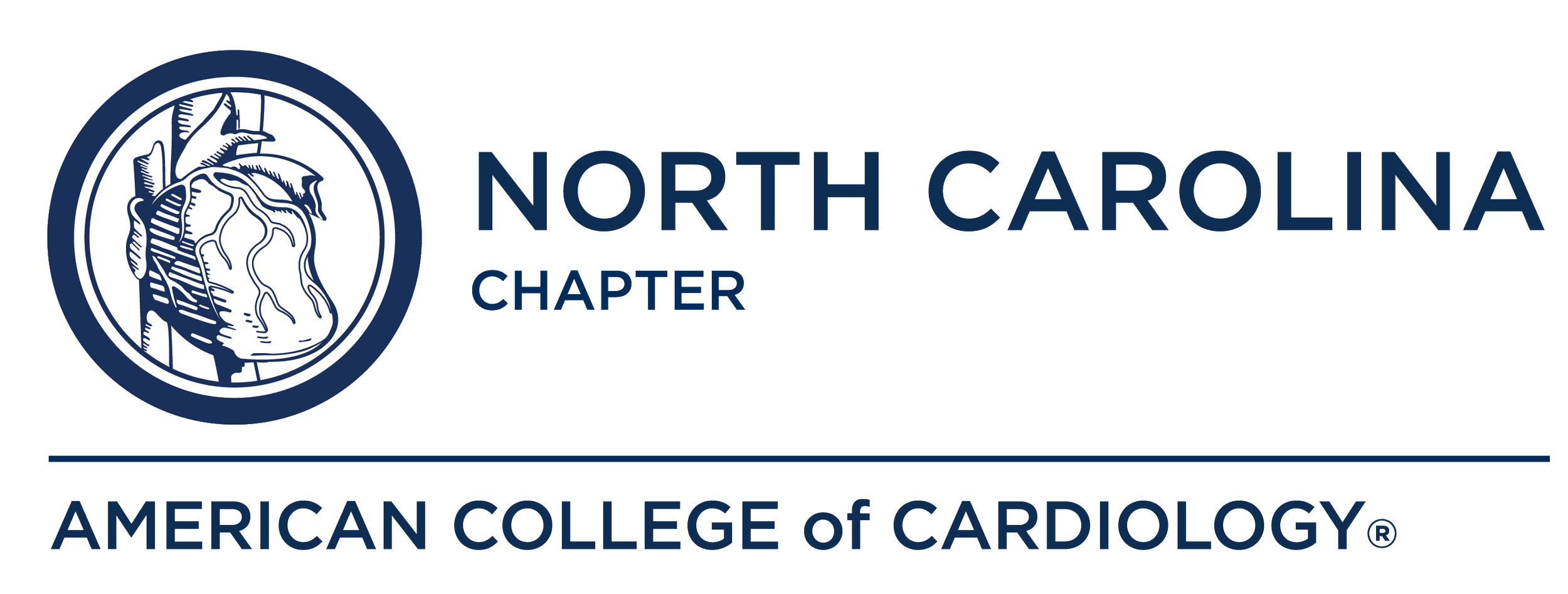Contact CMS to Oppose Further Cuts to RUC-Recommended Work RVUs
Colleagues,
We need your help!!
The proposed rule for CMS payment 2023 contains drastic cuts in reimbursement for ablation services, making the total reduction 2022 and 2023 >35% for these services. This occurred despite ACC and HRS opposition but is not yet final. Below is some information from ACC.
I ask you two things:
1. Contact CMS to oppose these cuts via this link. Urgent: Contact CMS to Oppose Further Cuts to RUC-Recommended Work RVUs
2. Consider joining us at the ACC’s Legislative Conference in Washington, DC October 16-18. To register, Click here
Let’s use our grassroots efforts to reverse this. You may not be directly affected now, but it will be another subspecialty tomorrow.
Thank you,
James Zidar, MD, FACC
Governor, NC Chapter of the American College of Cardiology
Clinical Professor of Medicine, UNC Health Systems
UNC Health Systems Physician-in-Chief, Heart & Vascular
Corporate Chief of Cardiology, Rex Healthcare
William E. Downey, MD FACC FSCAI
Governor Elect, NC Chapter of the American College of Cardiology
Vice-Chair, Quality and Care Transformation
Atrium Cardiovascular Enterprise
Sanger Heart & Vascular Institute
Last year, despite opposition from ACC, HRS, other partner organizations, and patients, CMS reduced payment for ablation services from their 2021 values. These 2022 reductions were the result of the bundling of 3D mapping (93613), left atrial recording (93621), or intracardiac echocardiography (93662) services into the primary CPT codes for supraventricular tachycardia (SVT) (93653) and atrial fibrillation (AF) (93656) without any increases to account for the newly bundled services.
CMS recently announced in the CY2023 Medicare Physician Fee Schedule Proposed Rule that it intends to further reduce reimbursement for SVT, ventricular tachycardia (VT), and AF ablations (CPT codes 93653, 93654 and 93656). Additionally, CMS indicated that it will maintain the current reduced values for add-on codes to ablate additional arrhythmias (code 93655) and to treat AF with additional ablation after pulmonary vein isolation (code 93657).
CMS also proposes work RVUs that undercut well-informed recommendations for new pulmonary artery revascularization services (338X3-338X7), new pulmonary angiography injection services (93XX0-93XX3) and existing pulmonary angiography injection services (93653-93658).
Why It Matters
Beyond the troubling trend of general reductions via conversion factor cuts (proposed -4.5% for CY2023), statutory cuts from sequestration and PAYGO rules, and a flat annual payment update that fails to account for significant inflation in practice costs, patient complexity, and enhanced physician work associated with the greater utilization of same-day discharge protocols, these specific services also suffer unwarranted reductions in the proposed rule. The Centers for Medicare & Medicaid Services (CMS) proposes further work reductions for cardiac ablation services that were already reduced significantly for 2022, reductions for existing pulmonary angiography injection services, and reduced values for new codes describing congenital pulmonary angiography and pulmonary artery revascularization services below societal recommendations.
These specific reductions are an alarmingly significant departure from the American Medical Association/Specialty Society RVS Update Committee (RUC) recommended values. The RUC survey and evaluation process (in which practicing physician feedback is used to create proposed relative values for services) was consistently disregarded in favor of lower valuations with little explanation. Despite the RUC process making great efforts to develop updated work inputs based on survey data and relativity, CMS further reduced proposed values.
How Can You Help?
ACC does not agree with or accept these proposed reductions and will continue advocating aggressively against their enactment, which is scheduled for January 1, 2023. Members are urged to utilize ACC's Action Alert system to share their opposition to these reductions through comments to the Agency before the comment period closes September 6th.
The ACC supports and works to help develop reimbursement models that recognize the reality of limited CMS funding for health services, that reward high quality and high valued outcomes, that align incentives of payers, patients, and providers, and that are a fair reflection of clinician work.
The ACC will also continue to work vigorously to address the significant structural inadequacies of the Medicare payment system through continued engagement with Congress and policy makers. Your ACC recently endorsed a framework of joint principles for Medicare payment reform with the American Medical Association and other societies. Working with our colleagues across organized medicine, your ACC will be a leading voice in efforts to solve these persistent, painful shortcomings and build a sustainable system that improves the lives of patients and the clinicians who care for them.
